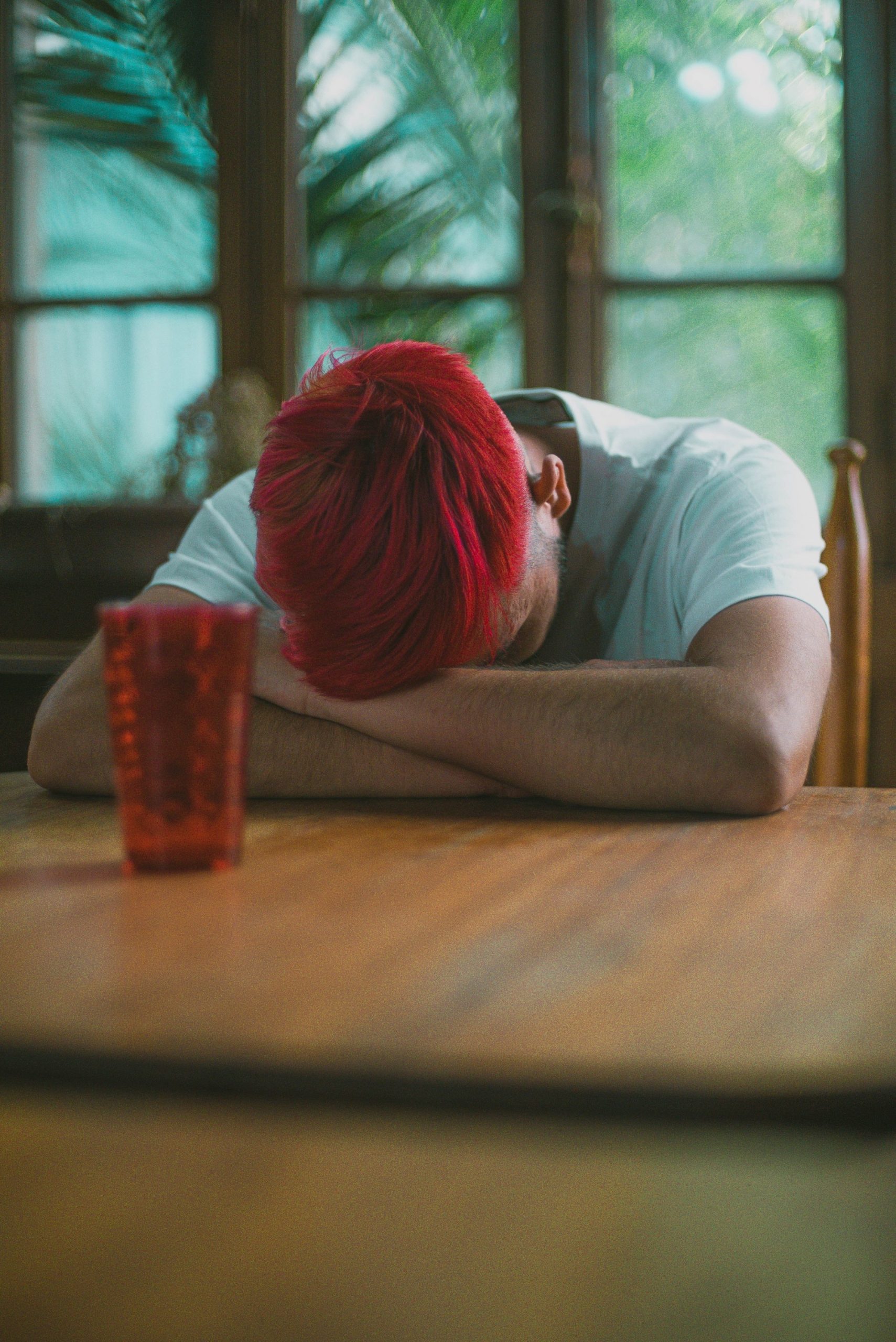 Peer pressure can negatively affect a child’s behavior and life choices. It may involve choosing the same clothes as their peers, listening to music, or watching shows. Peer pressure could also lead to poor decisions.
Negative behaviors like alcohol and drug use may also occur among teenagers due to peer pressure. For this reason, it’s imperative to know the causes of stress and comprehend how to spot signs of strain in teens. Keep reading for more helpful information on handling peer pressure.
Peer pressure can negatively affect a child’s behavior and life choices. It may involve choosing the same clothes as their peers, listening to music, or watching shows. Peer pressure could also lead to poor decisions.
Negative behaviors like alcohol and drug use may also occur among teenagers due to peer pressure. For this reason, it’s imperative to know the causes of stress and comprehend how to spot signs of strain in teens. Keep reading for more helpful information on handling peer pressure.
How to Spot Peer Pressure
New or questionable friends may be red flags for parents. How can you help your teen with a new friend that raises concern? Here are some tips for parents to spot peer pressure and help teens gain confidence:- Change in Behavior
- Feeling Like they Don’t Fit In
- Constant Comparisons
- School Performance
- Obsession with Image


Leave a Reply